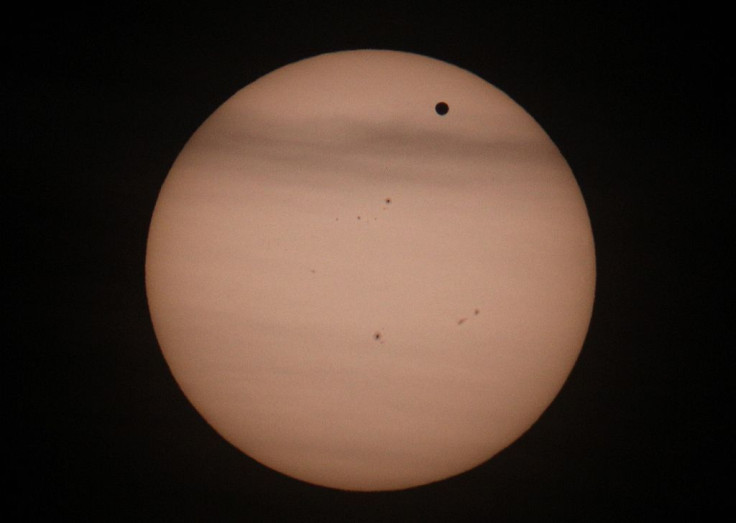Scientists have suggested that alien lifeforms that are nurtured by acids neutralizing chemical reactions could be lurking in Venus clouds.
A new study, published in Proceedings of the National Academy of Sciences, suggested that the planet, which is 47 million kilometers (29204446 miles) from Earth might be more habitable for life because of ammonia presence.
The detection of ammonia, which is a compound of nitrogen and hydrogen, in the atmosphere of Venus has been puzzling scientists for a while. It was first detected about four decades ago, reported 9news.com.au.
Venus is our planet's closest neighbor, but its harsh environment makes existence of human life not possible. But according to the new study by researchers from the US Massachusetts Institute of Technology (MIT) and Cardiff University and Cambridge University in the UK, if ammonia is present on Venus, it would set off chemical reactions that could support life there.
Co-author of the study, William Bains from Cardiff University, said that they know that life can grow in acid environments on our planet, but nothing as "acid as the clouds of Venus were believed to be." He added that if something is producing ammonia in the Venus clouds, then that will neutralize "some of the droplets, making them potentially more habitable."
According to the scientists, the plausible explanation of ammonia's presence on Venus has nothing to do with a non-biological source like volcanic eruptions or lightning. They think it is of biological origin.
Study co-author professor Sara Seager, from MIT’s Department of Earth, Atmospheric and Planetary Sciences, said that ammonia "shouldn’t be on Venus". She shared that it has hydrogen attached to it, and there is less amount of hydrogen around. She added, "Any gas that doesn’t belong in the context of its environment is automatically suspicious for being made by life.”
In the next several years, scientists might get an opportunity to check for signs of life and the presence of ammonia with the Venus Life Finder Missions, which are proposed privately funded missions, and Seager is a principal investigator. As part of the missions, there are plans to send spacecraft to Venus. According to Sci Tech Daily, Seager said that Venus has "unexplained atmospheric anomalies that are incredible," and it leaves room for the "possibility of life.”

© 2025 Latin Times. All rights reserved. Do not reproduce without permission.




